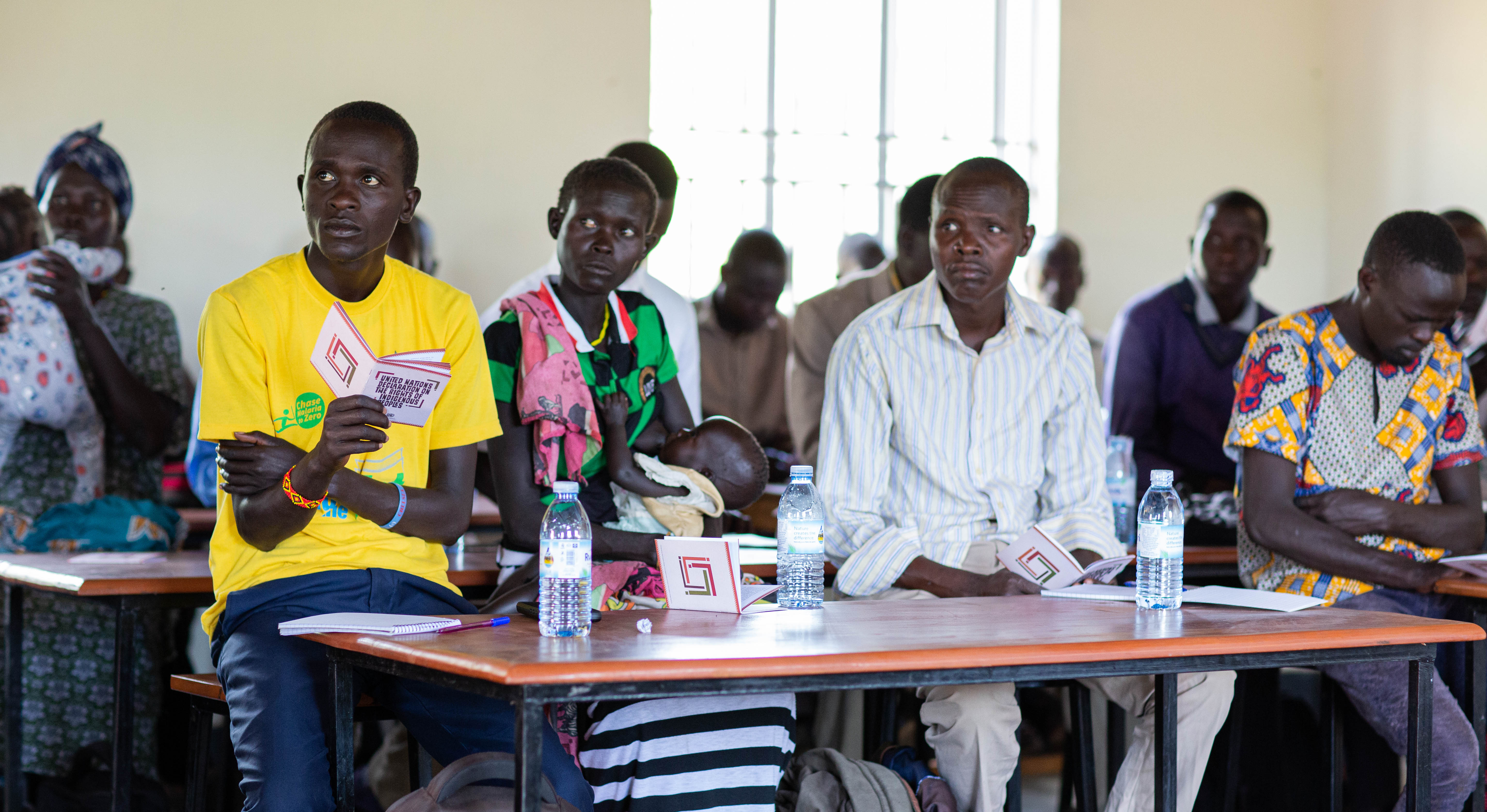Inclusive development for indigenous peoples in Africa and Latin America (DESA)
 This project focused on advancing inclusive development for indigenous peoples in selected countries in Africa and Latin America based on the UN Declaration on the Rights of Indigenous Peoples. More specifically, it aimed to improve the capacity of local and national government officials to develop and/or implement policies, plans of action or strategies that recognize and respect indigenous peoples’ development priorities and rights, working in close consultation with indigenous peoples to advance such inclusive development. It also sought to enhance the capacity of local and national government officials and indigenous leaders and representatives to engage in participatory and constructive dialogue on development planning in order to promote the participation of indigenous peoples in decision-making processes at all levels, with a special focus on the local level.
This project focused on advancing inclusive development for indigenous peoples in selected countries in Africa and Latin America based on the UN Declaration on the Rights of Indigenous Peoples. More specifically, it aimed to improve the capacity of local and national government officials to develop and/or implement policies, plans of action or strategies that recognize and respect indigenous peoples’ development priorities and rights, working in close consultation with indigenous peoples to advance such inclusive development. It also sought to enhance the capacity of local and national government officials and indigenous leaders and representatives to engage in participatory and constructive dialogue on development planning in order to promote the participation of indigenous peoples in decision-making processes at all levels, with a special focus on the local level.
Among its work and results, the project organized various capacity building workshops and conducted in-depth analysis of the situation of indigenous peoples in Eastern and Southern Africa, bringing together technical experts, academics, government officials, and representatives of indigenous peoples at events that emphasized real life challenges and solutions. It supported the elaboration of a comprehensive policy document on indigenous peoples in Uganda that provides a situational analysis of the situation of indigenous peoples in the country, and based on this analysis, a sectoral review and prioritization of specific actions to be taken to address the existing gaps between indigenous peoples and other population groups. The policy document was prepared by a working group of government officials from different ministries and indigenous representatives, under the leadership of the Ministry of Gender, Labour and Social Development (MGLSD). Following its development, the policy document was validated in a series of community workshops within indigenous peoples’ communities, after which it was validated at a national level meeting in Kampala, organized by MGLSD, with the support of DESA and OHCHR.
Since the project was implemented during the global COVID-19 pandemic, in-person activities had to be cancelled or postponed, resulting in refocusing some of the project’s efforts on conservation and its effects on indigenous peoples and local populations. This is an issue that indigenous representatives frequently raise at international fora and given increasing global commitments to conserve and protect nature, it is imperative that conservation efforts take full account of the rights of people that live within and close to protected areas. To support government efforts to involve indigenous peoples and local communities in conservation, a toolkit was developed to support policymakers and practitioners to help conservation efforts to be in line with international standards and human rights commitments. The project organized two training workshops that were attended by over 50 government officials and indigenous representatives from over 10 countries in the region.